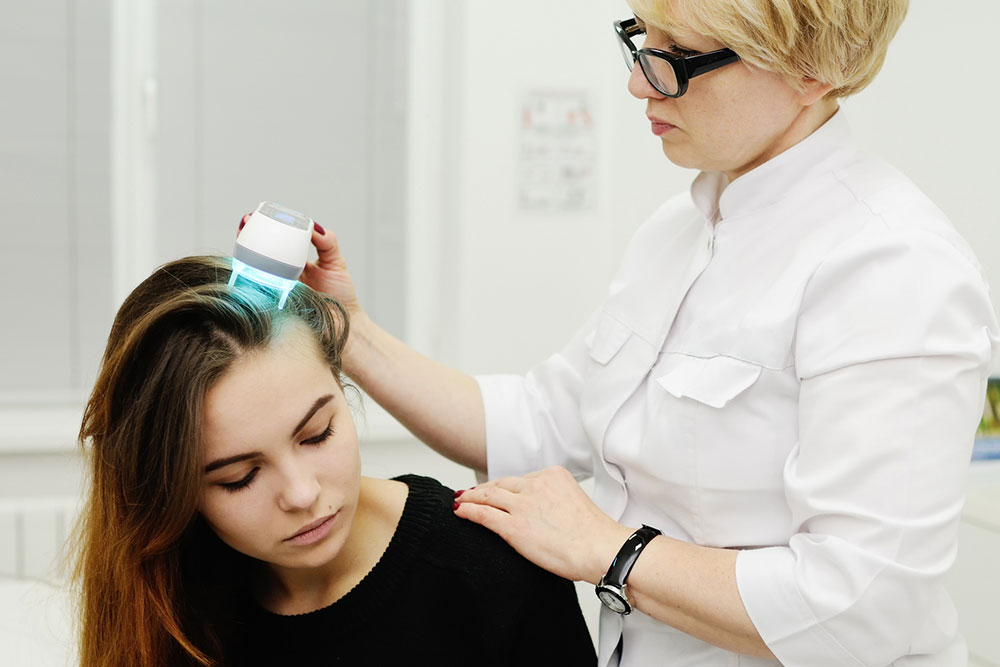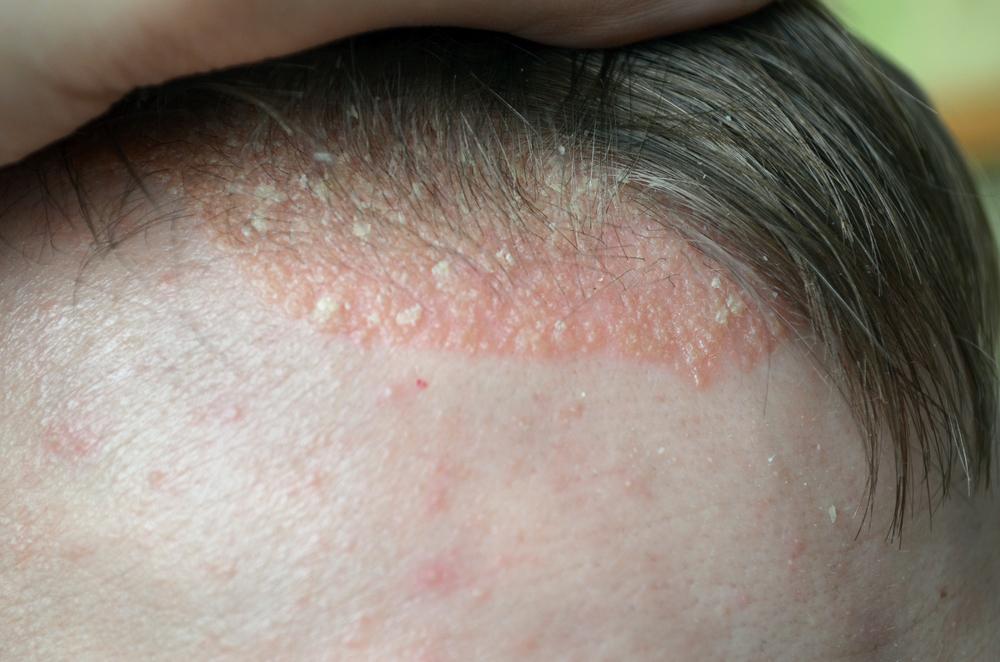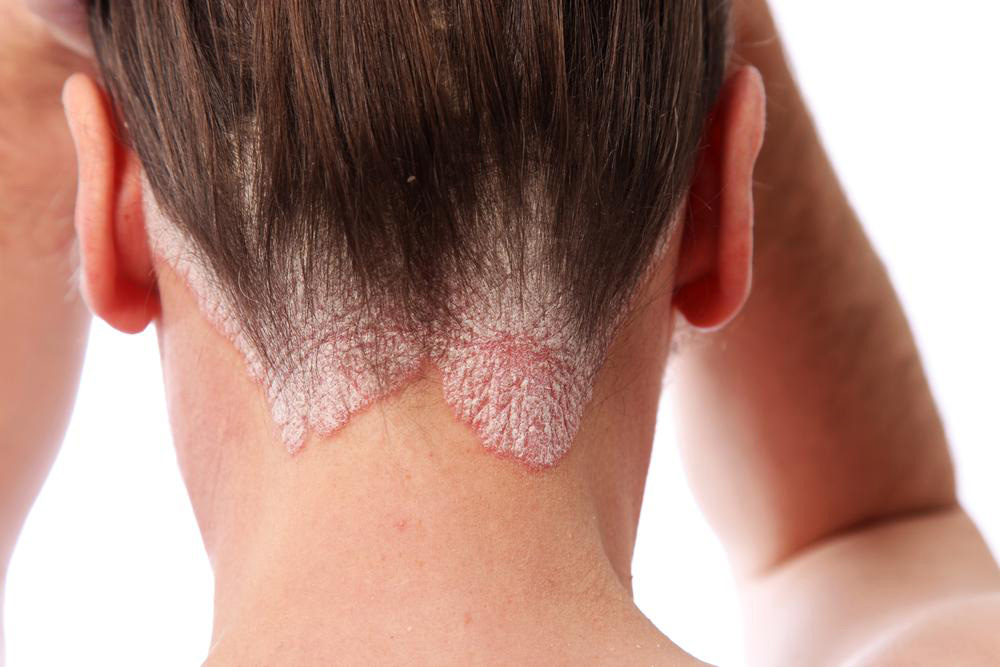Comprehensive Guide to Recognizing and Managing Scalp Psoriasis Effectively
This comprehensive article provides an in-depth understanding of scalp psoriasis, including symptoms, causes, triggers, diagnosis, and effective management strategies. It emphasizes early detection and personalized treatment plans to help individuals control flare-ups and improve their quality of life. With detailed tips on lifestyle adjustments and medical options, the article aims to serve as a valuable resource for those affected by this common scalp condition, promoting better health and skin care practices.

Comprehensive Guide to Recognizing and Managing Scalp Psoriasis Effectively
Scalp psoriasis is a prevalent and often distressing skin condition that affects millions worldwide. It manifests as red, inflamed patches topped with thick, silvery-white scales, often leading to discomfort, itching, and cosmetic concerns. Unlike some skin conditions, scalp psoriasis can appear as a solitary patch or multiple confluent patches that spread across the scalp, sometimes extending to nearby areas like the forehead, neck, ears, or even the face. Despite its impact, it does not cause permanent hair loss. However, aggressive scratching or scratching episodes can lead to temporary thinning or hair breakage. Early recognition and proper management are vital in controlling symptoms and preventing flare-ups.
Understanding the Symptoms of Scalp Psoriasis
Recognizing the signs of scalp psoriasis is crucial for timely intervention. Typical symptoms include conspicuous dry, scaly patches that are raised and often covered with a silvery or greasy-looking scale. These patches can be accompanied by excessive flaking resembling dandruff but tend to be more persistent and stubborn. Many affected individuals experience an intense itching sensation, which can range from mild discomfort to severe irritation that worsens at night or with scalp stimulation. Burning sensations or soreness on the scalp can also occur, often adding to the discomfort. The severity varies among individuals, with some experiencing mild scaling that is hardly noticeable, while others may have large, bumpy plaques that cause cosmetic concerns and discomfort. In some cases, persistent scratching may lead to superficial skin damage, bleeding, or temporary hair thinning, although true hair loss is uncommon in scalp psoriasis.
Causes and Triggers of Scalp Psoriasis
While the exact cause of scalp psoriasis is not fully understood, it is known to involve an autoimmune response where the body's immune system mistakenly attacks healthy skin cells, leading to rapid skin cell production and inflammation. Genetics also play a significant role, with a family history increasing the likelihood of developing the condition. Several environmental and lifestyle factors can trigger or worsen psoriasis episodes, including stress, skin injuries, infections, certain medications, dry weather, and exposure to harsh hair products. Identifying and avoiding potential triggers can help in managing severity and frequency of flare-ups.
Importance of Early Diagnosis
Early diagnosis by a healthcare professional is vital. A dermatologist can differentiate scalp psoriasis from dandruff, seborrheic dermatitis, or other scalp conditions through clinical examination and, if necessary, skin biopsies. Accurate diagnosis ensures appropriate treatment, reducing the risk of complications such as secondary infections or worsening symptoms. Patients should seek medical advice if they notice persistent scalp scaling, redness, or discomfort that doesn't improve with over-the-counter remedies.
Effective Treatment Strategies for Scalp Psoriasis
Though scalp psoriasis is a chronic condition without a cure, multiple treatments are available to manage symptoms effectively. The primary goal is to reduce inflammation, control scaling, and alleviate itching. Treatment approaches include:
Medicated Shampoos: Shampoos containing coal tar, salicylic acid, or ketoconazole can soften scales and reduce inflammation. Regular washing with medicated shampoos can markedly improve symptoms.
Topical Corticosteroids: Strong or mild corticosteroid creams, ointments, or foams applied directly to the affected areas help suppress inflammation and itching. They are often prescribed for short-term or intermittent use.
Vitamin D Analogues: Calcipotriol and similar agents can help regulate skin cell growth and reduce scaling when used alongside other therapies.
Phototherapy: Controlled exposure to ultraviolet (UV) light can be beneficial for more severe cases, reducing inflammation and plaque formation.
Systemic Medications: In severe or stubborn cases, oral or injectable medications such as biologics, methotrexate, or cyclosporine may be prescribed by specialists.
Adherence to treatment plans, regular follow-up with healthcare providers, and proper scalp hygiene are essential for maintaining remission and improving quality of life. Patients should avoid harsh hair care products, minimize scalp irritation, and refrain from scratching to prevent worsening conditions.
Home and Lifestyle Tips for Managing Scalp Psoriasis
Alongside medical treatments, certain lifestyle changes can help ease symptoms and prevent flare-ups:
Gentle Hair Care: Use mild, fragrance-free shampoos and avoid vigorous scrubbing. Regular, gentle washing helps remove scales without irritating the scalp.
Moisturize: Keeping the scalp moisturized with emollients or natural oils reduces dryness and scaling.
Manage Stress: Since stress can trigger or worsen psoriasis, engaging in relaxation techniques, exercise, and adequate sleep is beneficial.
Healthy Diet: Consuming a balanced diet rich in anti-inflammatory foods, fruits, vegetables, and omega-3 fatty acids may support overall skin health.
Avoid Triggers: Limit exposure to harsh chemicals, avoid scratching, and protect the scalp from extreme weather conditions.
Living with Scalp Psoriasis
Managing scalp psoriasis requires patience and consistency. Although it can be a persistent condition, most people find relief through a combination of medical treatments, lifestyle changes, and regular monitoring. Support groups and counseling can be helpful for coping with the emotional impact of visible skin lesions. Remember, early intervention and adherence to treatment significantly improve outcomes and quality of life.
In conclusion, understanding the symptoms and triggers of scalp psoriasis, seeking timely medical advice, and following personalized treatment plans are key steps toward managing this chronic skin condition effectively. With proper care, scalp psoriasis can be kept under control, allowing individuals to lead comfortable, confident lives.





